Hierarchy
Truth - The media would have you believe that some things and people are more important than others. Think about it. Is there not inherently a ranking when you see something gets news coverage versus something you have to research on your own? Doesn't that necessarily entail that some people, stories, experiences, etc. are more newsworthy than other? What makes some people, things, and events matter more? This is hierarchy.
“You may never know what results come of your actions, but if you do nothing, there will be no results.” Mahatma Gandhi
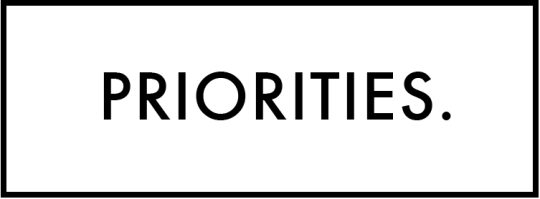

It would be woefully naive to believe that all things, particularly in regards to the media could be given equal airtime. That's not realistic and not the purpose of mass media. In trade for our viewership we allow networks, showrunners, and producers to tell us what to care about. What we often fail to do is do more than that and think for ourselves. We're slacking and not doing enough of our own research. We do not seek enough of those other stories out. Because of it, we are severely limited in our knowledge, our abilities to ask educated questions, and to think beyond the easy, attention grabbing headlines we've become accustomed to. Why do we know 15 different ways to make cake in a mug but couldn't place Seychelles on a map? Why are some people in an uproar over Starbucks cups but silent about the striking rates of mass incarceration we fund with our taxpayer money? Why is Kylie Jenner a household name but not Malala Yousafazi? We have to do better and care more.
There are always going to be thing that impact us or pull our attention more. If you're a big music fan of course you'd care more about One Direction, Justin Bieber, or Adele's albums dropping this month as opposed to if you're a TV fanatic who reads spoilers for How to Get Away With Murder, Quantico, or the Flash. Arguably they don't matter in the long run but to some they do. Take it bigger, and know that eating sustainably sourced food and reducing your carbon footprint may be in your mind if you live in a life where you have the luxury of being socially conscious (remind me to write a post about the green movement often being elitist, classist, and environmentally racist). How about going pink in October for breast cancer research or the ALS ice bucket challenge that had people getting drenched for a cause? Those three seem pretty important, especially since try directly impact people's well-being but some people may not be as invested as others in them. This is where that hierarchy comes in.
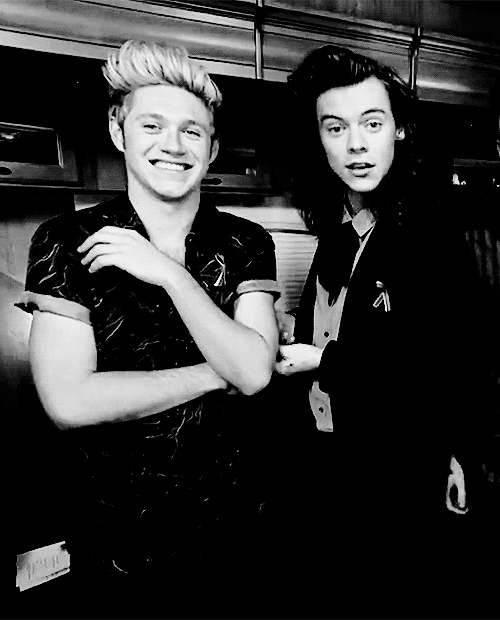
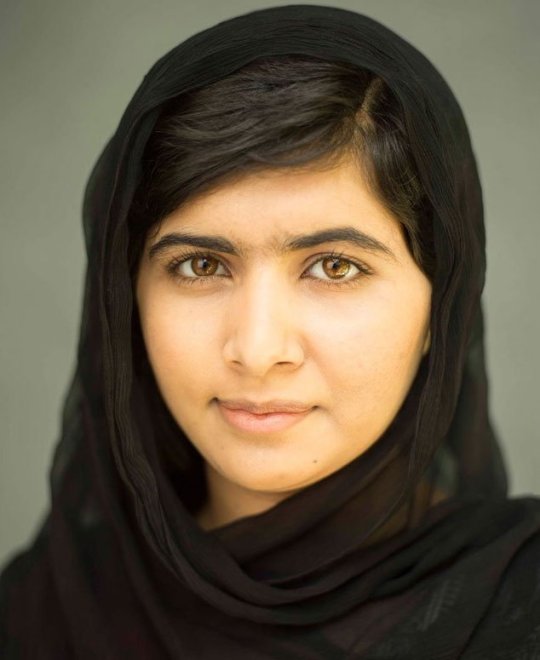
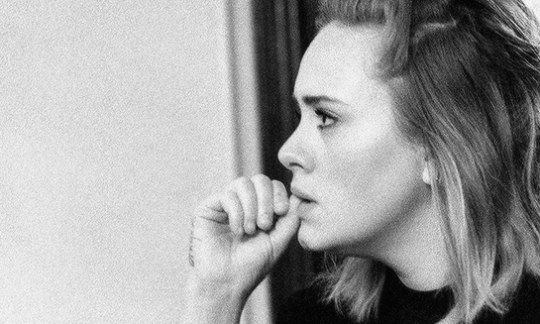



This past week tragedies, injustices, and harrowing stories took center stage in the news, on social media, and through word of mouth. Profile pictures were changed, hashtagged statuses were posted, and protests were organized. Day after day what was occurring not only nationally but international seemed to get progressively worse (notice the implied ranking there). Now don't me wrong. The shock, outrage, praying and mourning have been powerful. The terrorist attacks that happened in Beirut, Paris, Iraq; earthquake/tsunami in Japan, and earthquake/hurricane Mexico caught some people's attention. It'd be remiss to not point out the whole world (at least the "western" world) put it's light out to Paris. It's so inspiring seeing humanity come together, support one another, and uniting in solidarity. The challenge that remains is mustering up that same kind of compassion, empathy, and support for others. It's worth-noting, as always, non-white people (I rarely, if ever, use the term; the power dynamic is glaring) are not given even a fraction of the same airtime, outpouring of love, or resources to repair harm. I just want to ask critically why people of color dying, having their lives destroyed, or in mourning is not worth people's time, resources, or emotional energy. Why do people seem to be unable to garner the same kinds of unifying support for peoples of color?
What stands out to me is this limited capacity people seem to have to care or care enough to even know what is going on in communities, particular those of marginalized identities. Is it because people don't feel connected to those communities? We should, since often times we benefit, directly and indirectly, from their hardships. Did I just make you complicit in oppression, why yes I did. I'm going to leave it at that but we must know that by advancing ourselves we step on others to do so. What are you doing to change that? When do you turn around and reach back to bring someone else forward? When does your heart start working again to feel something for someone who doesn't look like you? I need people to realize heinous things happen every single day all over the world. but that doesn't make them any less important. How can we speak out for some people but not others? The trap of the dichotomy between "western" (read civilized and modern by post-colonial Eurocentric imperialist powers) and "eastern" societies is serious. Learn the history of those words and how they have been used to propogate a hierarchy. The same goes for this ridiculous ideas of the first and third world. They serve an agenda and allow some people's problems and lives to matter more. Why are you okay with mass killings in certain places (because you think they are commonplace there), but enraged at others? Your problems are valid to you, why must they be compared to those if others, and perspective is helpful. But if you have no intention of doing something to help, if even your help is asked for or needed (don't bring that white savior crap around here) then why use that as your marking stick? I need people to open their hearts a little bit more and make room for more people. Smash this hierarchy.
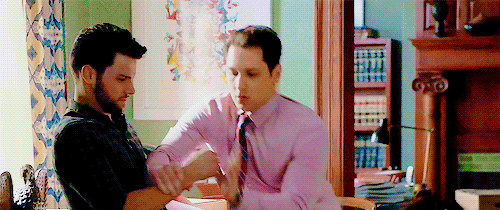
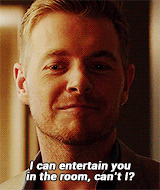




The protests happening all over the country with students of color and their allies protesting racism, and xenophobia on their campuses is not liberal, extreme political correctness. It's not mindless complaining. It's not less important than people being killed, it's important - differently. Ask one of these students how these repeated incidents, aggressions, and slights make them feel and it's something resembling death. What gets me is people want to dismiss these students (which exactly what they're talking about) and perpetuate the same dehumanizing nonsense they protest against. Words seriously hurt but even more so they enable and allow for very real violences to occur. If you never learn that certain people are human then their lives become disposable. Tell me that the strikingly disproportionate killings of people of color in police interactions isn't a problem. Tell me why people would rather justify the taking of someone's life than see the humanity they have been denied. Tell me what place moral absolutism has in a society that is inherently biased towards particular people. Of course freedom of speech matters, but that does not exonerate people from the implications of what they say.
Your words impact other people so why not have a conversation about trying to be more welcoming. Why do you want to exclude, separate, and divide in the name of the law? This concept of a safe space has been embarrassingly hyperbolized by the fragile segments of society that are concerned with actually having to recognize people with different identities than them actually exist and should get the same rights and privileges they have. People are not asking for college campuses to be utopian places where no one gets their feelings hurt. We need discussion, discourse, and disagreements. People go to college to learn not only about what they study but how to be in community with people of diverse identities (aka how to be in the real world). Those conversations cannot happen if some people are facing hostile environments that go beyond conceptual swashbuckles and verbal debates but become personal attacks or talks of the actuality of someone's dignity. What the actual hell? Defend freedom of speech, but that is not what is under attack or the point at all. People just want to be in public spaces like other people without fear of persecution or apprehension of attack, verbal or otherwise, based on who they are as a person. Bring the challenges but you cannot tell someone who they are is wrong. That's not free speech, that is hate speech - know the difference.
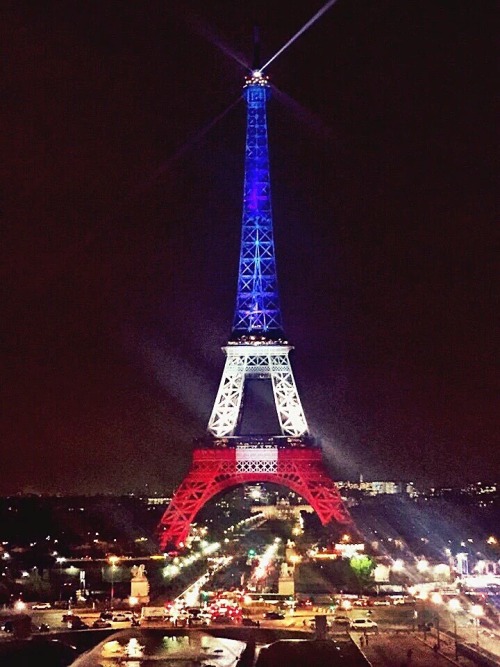
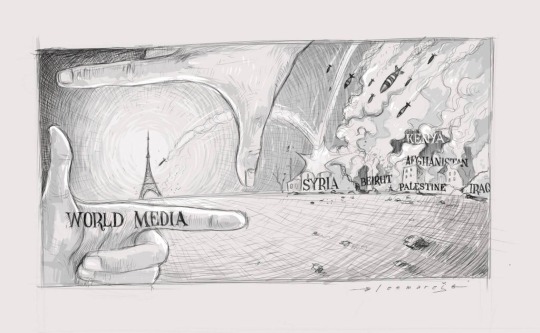
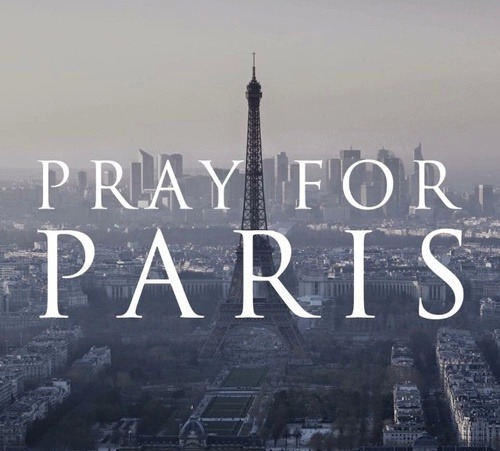
Let me finish this epic post with my thoughts on hashtag activism and the performativity of social media. Plain and simple, check the authenticity of what you do and say. Just because other people are doing and saying something, doesn't mean you have to. Be true to tourswlf, share your thoughts and feelings, and if you don't have any - that's fine. Your social media should represent you and no one else. Have some damn conviction and also own your stuff. If you want to rant, do so but back that up and make sure your offline behaviors and words align. Don't unite in solidarity against racism but continue to perpetuate microaggressions or not address racist incidents you see. That's just fake. Don't put on a show via social media only to have people discover that's not. Be consistent. And lastly, pledge to learn more. That's what this whole thing has been about. Education is of the utmost importance. Pledge to know more about people who are different from you in parts of the world who have never heard of who do things you know nothing about. Read the posts and articles from perspectives that antagonize yours and piss you off. Know why they anger you but strive to see the merit of the opinions. Read more. Think for yourself and have tangible justifications for those opinions. Open your heart, the only thing holding you back is you. Our capacity to love and care is endless, if only we chose to do so. Screw the hierarchy, there's room for all. X
Comments
Post a Comment
Share you answer to the blog post question of the day